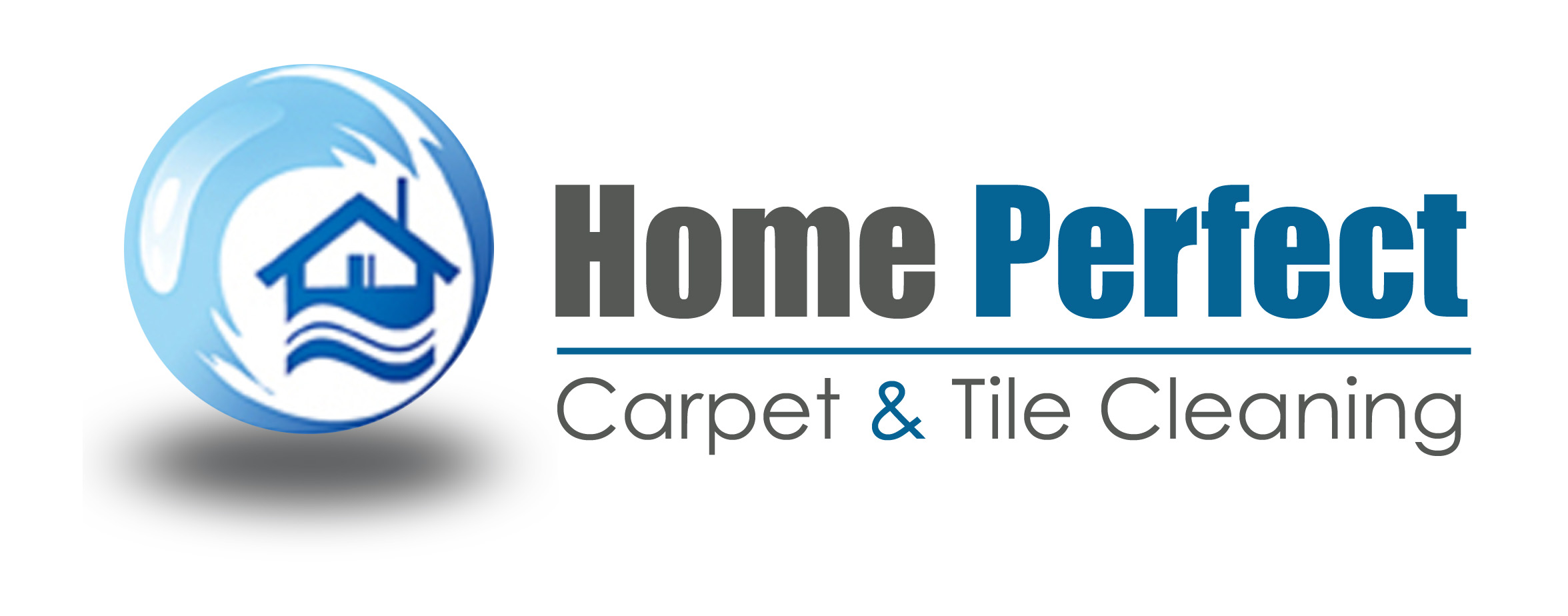A Cyber Security Warning from the SBA
Filed under: IT Support
We’ve said it over and over: Small businesses are common targets for cyber crimes and attacks, and often small businesses have the most to lose. You’re not Target, or Home Depot, or a large nationwide bank. You don’t have an entire team of tech experts, dedicated to protecting your business, nor do you have a public relations team to help you smooth over the damage if a security breach does occur. It’s also a pretty good bet that you don’t have a team of lawyers to help you navigate an expensive, drawn-out lawsuit.
That’s why we state, emphatically and repeatedly, that small businesses can’t afford to overlook cyber security. You don’t have to take our word for it; the US Small Business Administration (SBA) recently posted advice on their website as well. To help small businesses improve cyber security and prevent damaging attacks, the SBA offered these ten tips to secure networks and data.
Equip your computers with anti-virus and antispyware software. Of course, these programs are less effective without regular updates, so make sure to install updates when you receive notifications.
Secure your network. Use a solid firewall and encrypt your information. Also choose a secure password for your network, and keep it hidden.
Communicate with employees. They need to understand how you expect them to handle sensitive data, as well as possible consequences for violating protocol.
Educate employees. All workers should understand common security threats, and know how to use the internet safely.
Require strong passwords. Teach your employees the basics on creating secure passwords, and establish a company policy to change passwords frequently. If you work with vendors that handle sensitive information, check to see if they offer multifactor authentication.
Make sure your payment systems are compliant. October 1 is the deadline to switch over to a chip reader system for credit cards. Your payment system might also utilize other anti-fraud services.
Back up your data. Store hard copies offsite, and digital copies in a cloud system.
Secure your devices. Each user of a computer should have a separate account, and no one should be able to access an account unless it is vital to their work duties. Laptops and mobile devices should be secured against theft at all times.
Create protocol relating to mobile devices. They should all be password protected and encrypted. Security apps can help you protect data when using public networks (although it’s better not to use these networks at all).
Secure your website. All pages on your website should be protected.
Once again, you don’t have to take our word for it! You can view this information for more details from the SBA website. Call Victoria Rausch with Davik Consulting at 888-RING- MY-TECH if you need help implementing any of these procedures.












